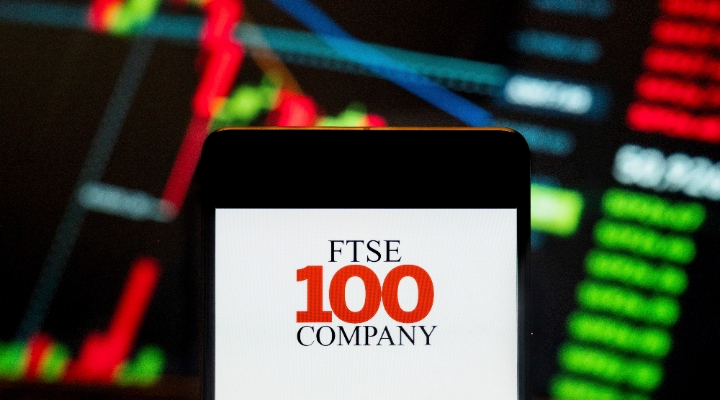This article is part of the Morningstar's Guide to What the Experts Say. Click here for our edit on what the professional investors think about economics, equities, bonds, financial advice and portfolio construction.
Emma Wall: Hi, I'm Emma Wall. One of the biggest challenges facing investors today is the decision whether or not to pay for advice. Recently at the Morningstar Investment Conference, I met with Nick Bamford of Informed Choice to discuss just this.
It's been over a year since RDR was introduced. This was supposed to be the thing that would cure all ills in the advice market, but it has created this thing called the advice gap, hasn't it? What exactly is the advice gap?
Nick Bamford: Yes, it has created a little advice gap, and I think that was probably foreseeable because in the past pre-RDR a lot of people were paying for the delivery of advice and delivery of product through that commission mechanism, and a lot of them probably weren't really aware of what they were paying, how much they were paying. There was disclosure and competent IFAs were disclosing, but it was still the gentle way of paying for the service.
So, the advice gap I think has risen because there will always be people who haven't seen the value of taking advice and therefore will baulk at the payment directly to an intermediary of their fees. And I think it's probably in the marketplace where you could say people don't have hundreds of thousands to invest, they are pretty well served. But somebody with a modest amount of money is probably going to struggle to get value from somebody like me. And therefore they will seek to gap fill by either doing it themselves or going off to solutions which are now being designed to assist them, and multi-asset class ones might be one of those solutions.
Wall: Sales departments at asset managers saw this as a sort of opportunity to unleash some of these products. We've got sort of risk assessed multi-asset multi-manager solutions. What do you think of these? Are they a one-stop shop?
Bamford: I think they potentially are for some people, but I'm not entirely convinced that the buying public fully understands risk and volatility and the capacity for loss they have, and I think sometimes the labels will lead them to make poor buying decisions. So, if we label one of these funds, for example, cautious, which most people will claim they are, when you actually do the analytics on those funds, sometimes they have a much higher risk profile.
So I think they have to be a bit careful about people buying funds because they have been labeled in a particular way.
Wall: And what are the other options out there, say I'm not willing to pay for advice, but perhaps don't want this sort of single fund solution, what can I do?
Bamford: Well, you could use the internet and there are lots of DIY sites to go to. You can use some of the tools that are available on those sites to put a label on yourself in terms to appetite and attitude towards risk and then you can select a range of single-asset class funds to marry up to that risk profile. So that can be fairly inexpensive and it can be quite interesting for somebody to do if they have got the time and inclination to do so.
Wall: Thank you very much, Nick.
Bamford: My pleasure.





























